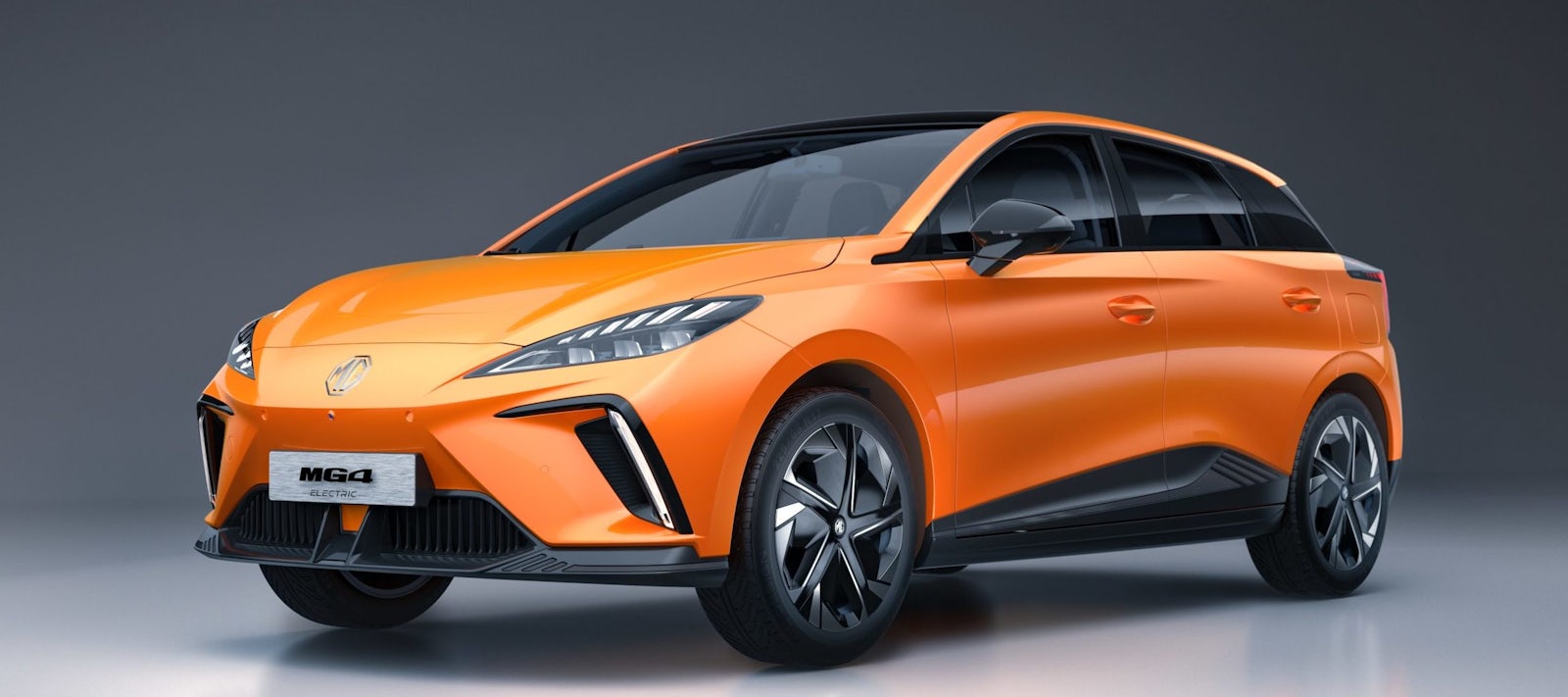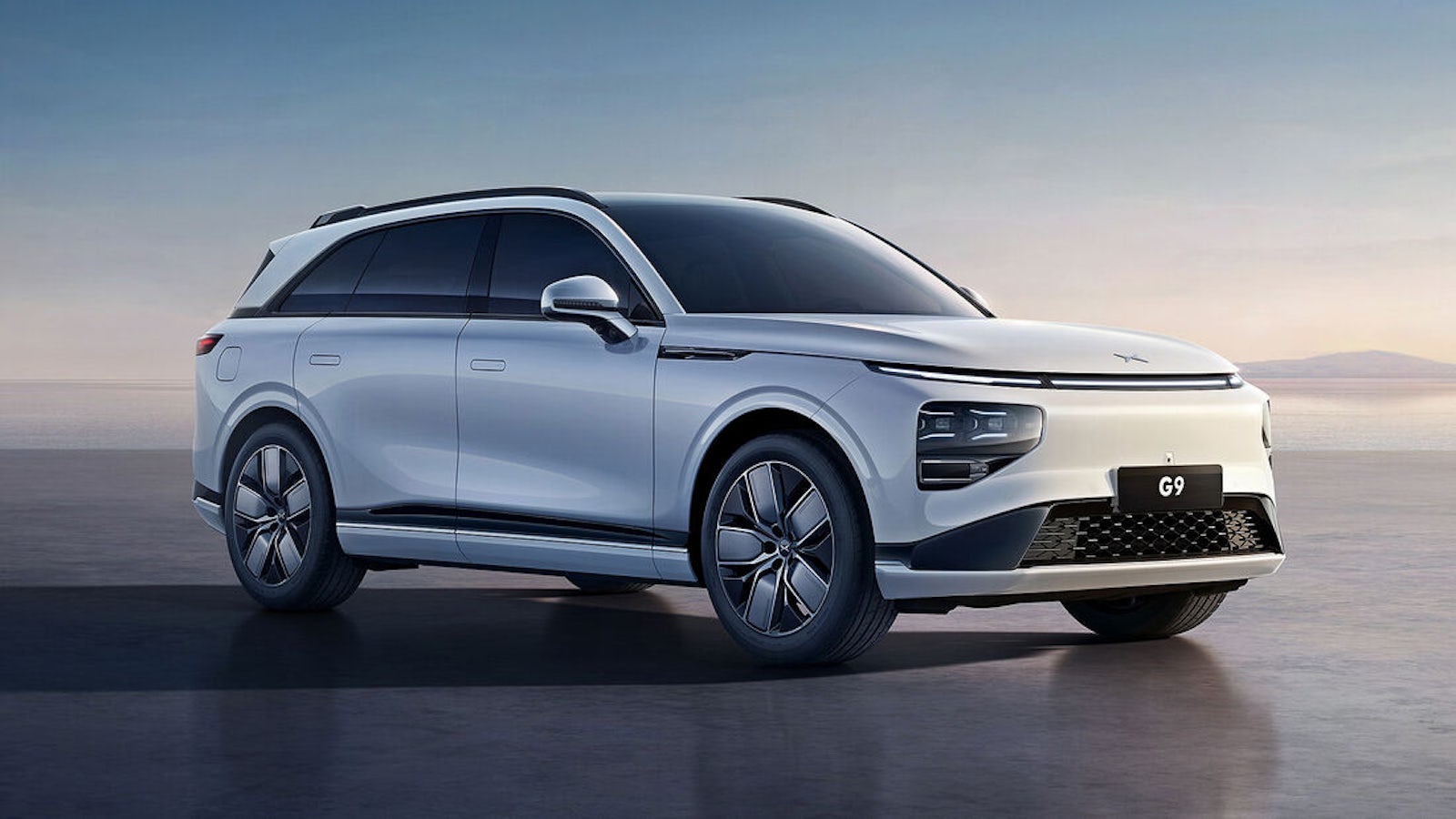Which Chinese e-cars are already on the road in Germany?
E-cars from China are currently stirring up the automotive market – manufacturers are not only relying on state-of-the-art technologies, but also on low purchase prices. Find out here which Chinese e-car models are already available on the German market, which ones may be available soon and how good Chinese electric cars really are!
Punitive tariffs on Chinese e-cars decided
Update from 04 October 2024: The punitive tariffs with surcharges of up to 35.3 percent will come into force at the beginning of November at the latest. On October 4, the EU countries voted on whether the plans should still be stopped. However, the necessary majority among the 27 member states did not come about. Germany voted against the introduction of punitive tariffs in the vote.
What exactly this means for the prices of Chinese e-cars remains to be seen.

Chinese e-cars: Current models in Germany
Chinese car brands are currently blowing the attack on the electric car market and are proving one thing above all: state-of-the-art technology without compromises does not have to cost the earth. E-cars from China are well on their way to becoming among the best e-cars ever. Some Chinese car brands have already completed the market launch in Germany.
You can read which of these e-cars are currently available in Germany below.

MG – Once British, now Chinese and electric
The MG brand, which once originated in Oxford in the UK, has been owned by the SAIC Group from China since 2007, which has breathed new life into the company: And not just any touch, but a primarily electrifying one. In addition to plug-in hybrids, the company offers a lot of electric cars that have an excellent price-performance level and extraordinary spaciousness.
These include the MG 4, the MG 5 electric station wagon, the MG Marvel R and the MG ZS EV. Electric cars from the Chinese brand MG can be bought at Carwow at low prices - it's worth taking a look!

BYD – Build Your Dreams with e-cars
At BYD – at least for Europe – only plug-in hybrids and electric cars are produced. This makes the dream of the Chinese electric car come true, as BYD calls on every buyer: "Build Your Dreams". With its cars, BYD is primarily hunting down Tesla customers who are deterred by the price and prefer something more exotic than the now established US car brand.
In addition, the ADAC refers to the BYD Atto 3 as the "Volkswagen from China". Whether Chinese e-SUV, Chinese e-sedan or Chinese e-small car - there is something for every taste.
Nio – electrifying Tesla competitor
Nio is now as well known as BYD and Co., and with equally adventurous plans to conquer the European electric car market. Nio's electric cars impress with a sublime technical level, excellent battery runtimes and a new battery replacement approach: For fresh range, in the best case scenario, you don't drive a Nio to the nearest charging station, but to a "Nio gas station", where the entire battery is simply replaced in a quick change.
That's what we call innovation! This puts Nio in competition with the electric top dog Tesla. Battery exchange stations can be found on every corner in China, in Germany there are currently only seven.
Smart – no longer so small and purely electric
Anyone who still has the smart brand in mind with small models for the city should quickly rethink. Since smart has been part of the Chinese manufacturer Geely, the models have become larger. smart has developed into an independent and upscale car brand and the launch in Germany has been successfully started with the two current crossover models.

GWM – with Ora and Wey to Europe
The Chinese major corporation Great Wall Motor includes the Ora and Wey brands. The manufacturer recently had to find out that the naming is not very popular in Europe. Accordingly, the model has been renamed for the European market.
The Ora 03 (formerly Funky Cat) is a futuristic-looking electric car, a compact crossover with a googly-eyed look. Great space, a clear exterior, great workmanship and a range of up to 420 kilometers are GWM's selling points.
The Wey 05 (formerly Coffee 01) is a noble SUV with plug-in hybrid power – because 146 km of electric range should be possible. The very well-equipped SUV is of high quality and also comparatively cheap.

Maxus – sustainable for private and commercial use
For many, the Maxus brand is certainly still unknown. The manufacturer specializes in electric vehicles that are robust, reliable and equipped with large space requirements. Primarily minibuses, SUVs and pick-ups.
This is intended to ensure transport in the private sector and for tradespeople primarily with electric cars. With the Maxus MIFA 9, the manufacturer has a 7-seater, electric high-roof sedan on offer – quite unique.

XPeng – comfortable and luxurious
XPeng stands for advanced technologies, comfort and luxury. The manufacturer focuses primarily on SUV and sedan designs and builds exclusively electric cars. The sporty P7 sedan can shine with a good range and powerful engines and offers not only efficiency but also driving pleasure.
The G9 is a luxury SUV that is perfect for families and when driving longer distances. The interior is spacious and everything is equipped to a very high standard. In terms of price, the models from XPeng are also impressive.

How good and safe is a Chinese electric car?
Chinese cars – and thus also Chinese electric cars – are often attested to a rather mediocre reputation and a low level of quality: Many suspect a veritable flood of plastic when getting into a car from the Far East, many consider the lower prices compared to German-made cars to be a pure lure. Are Chinese e-cars really as terrible as they are said to be?
We can confidently call this superstition humbug, because the current e-car developments in particular show that the up-and-coming electric brands from China definitely have something up their sleeves. In terms of quality and workmanship, Chinese e-cars are almost in no way inferior to German manufacturers, and often even larger and more powerful batteries are installed in the vehicles. You have to be careful with these cheap vehicles with the maximum payload and the steering feel, which can sometimes be meager. It's best to always test drive an electric car before you buy it. In any case, it is advisable to check the safety-critical factors in the car in order to be able to detect the risk of skidding or problems with the seat belts at an early stage.
In addition to the lower prices, many Chinese e-cars can also have more extensive equipment than other providers. And especially when it comes to artificial intelligence and autonomous driving, Chinese car brands are mercilessly using their expertise. Nio, for example, installs an assistant that provides all the amenities that the car can provide when announced. Although this only works in Chinese so far, this feature will certainly soon be available in a German-language version. In any case, driver assistance systems are anything but a foreign concept to Chinese carmakers.
In addition, the NCAP crash test shows that MG can score 5 out of 5 stars in the crash rating with the MG 4 and the ZS EV, for example. The Marvel R comes in at 4 stars, but still ranks significantly higher in terms of safety level than a Dacia Duster with 3 stars. The BYD Atto 3 also scores a whopping 5 stars, as does the Nio ET7. In comparison, the Aiways U5 with only 3 stars leaves feathers - so there is definitely room for improvement here. But on the whole, it turns out that with Chinese e-cars, you don't have to worry about your personal safety on the road.

Which Chinese electric cars will be launched on the German market in 2025?
- Leapmotor T03
- Leapmotor C10
- Leap Motor B10
- Xiaomi models (although there are no concrete plans for Europe yet)

Prices of Chinese e-cars - Why are they cheaper?
In fact, electric cars from China usually appear to be much cheaper than the models established in this country by local manufacturers. Why can Chinese car brands offer their models at such unrivalled prices? Several factors play a role here:
- Lower production costs: China already has huge factories and companies, and manufacturers benefit from significantly lower labor costs than in many other countries. This allows cars to be offered at prices that are more affordable for the population.
- Brand perception: Chinese car brands are only slowly taking their first steps on the European stage and have yet to earn their reputation on the global car market. In order to establish themselves and gain market share, Chinese car manufacturers advertise low prices: This is intended to appeal in particular to price-conscious customers.
- Size of the market: China is the largest automotive market in the world – domestic manufacturers benefit immensely from economies of scale. The high production volumes and capacities in China guarantee companies huge cost efficiency as well as low manufacturing costs in general.